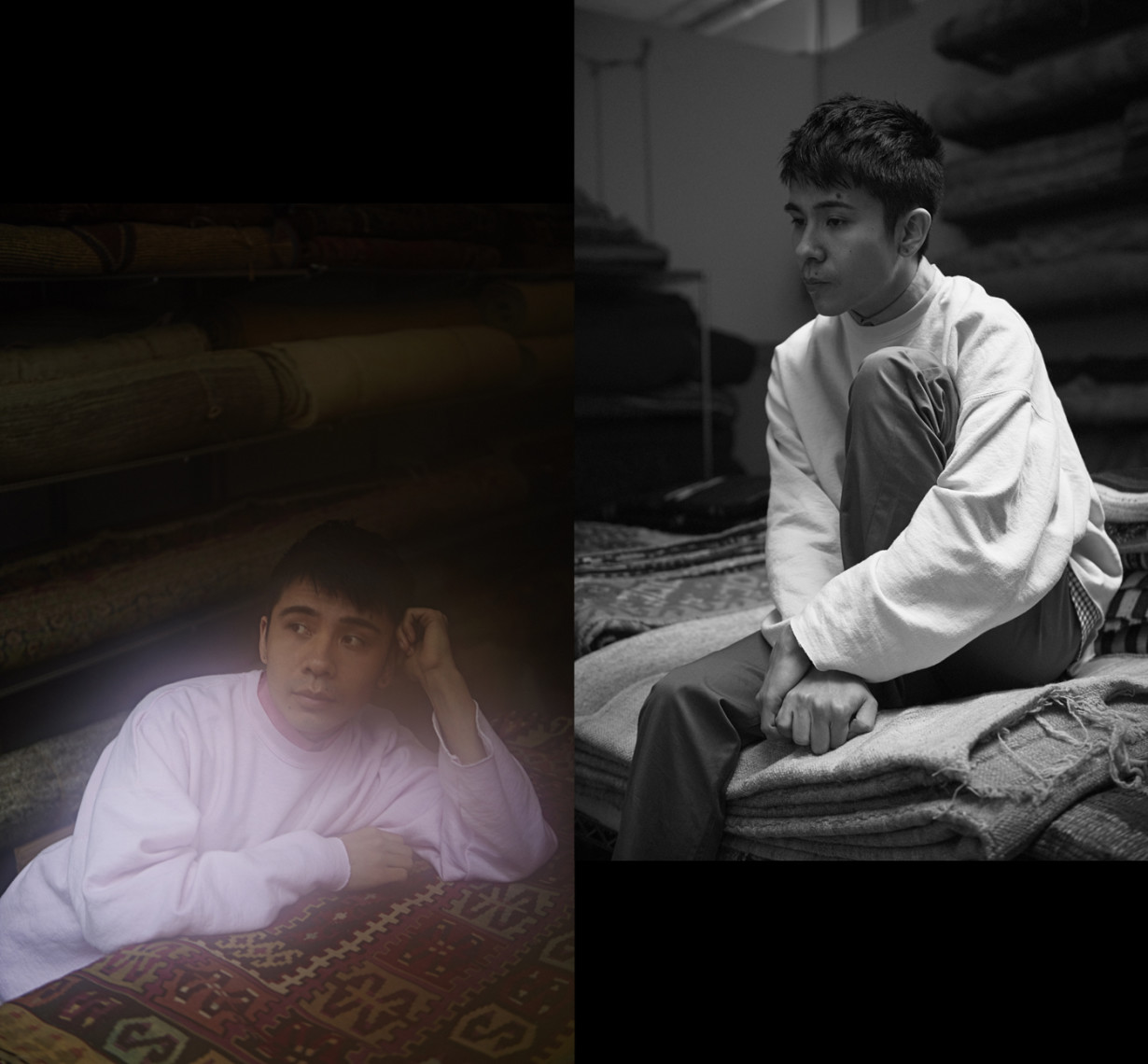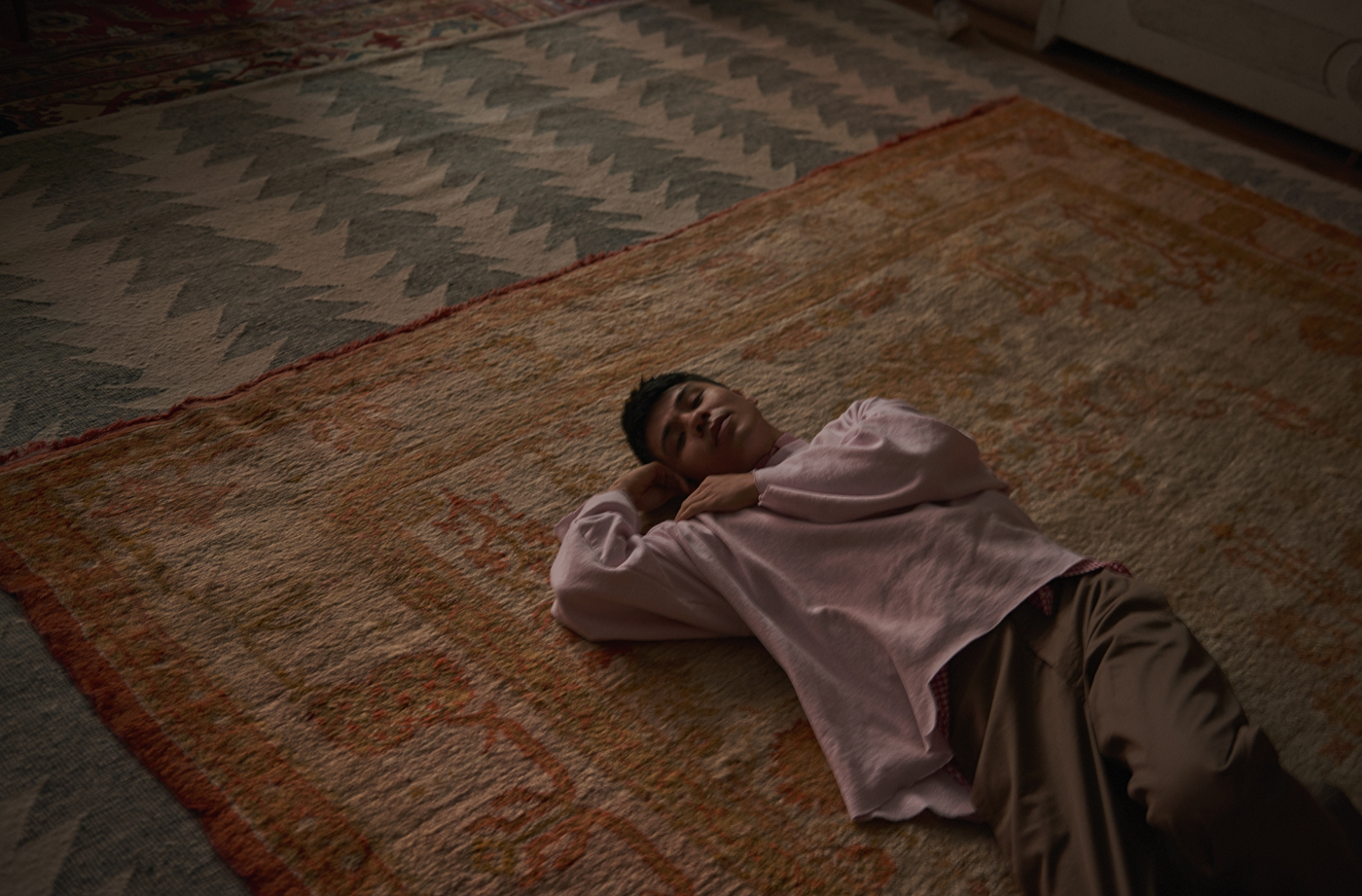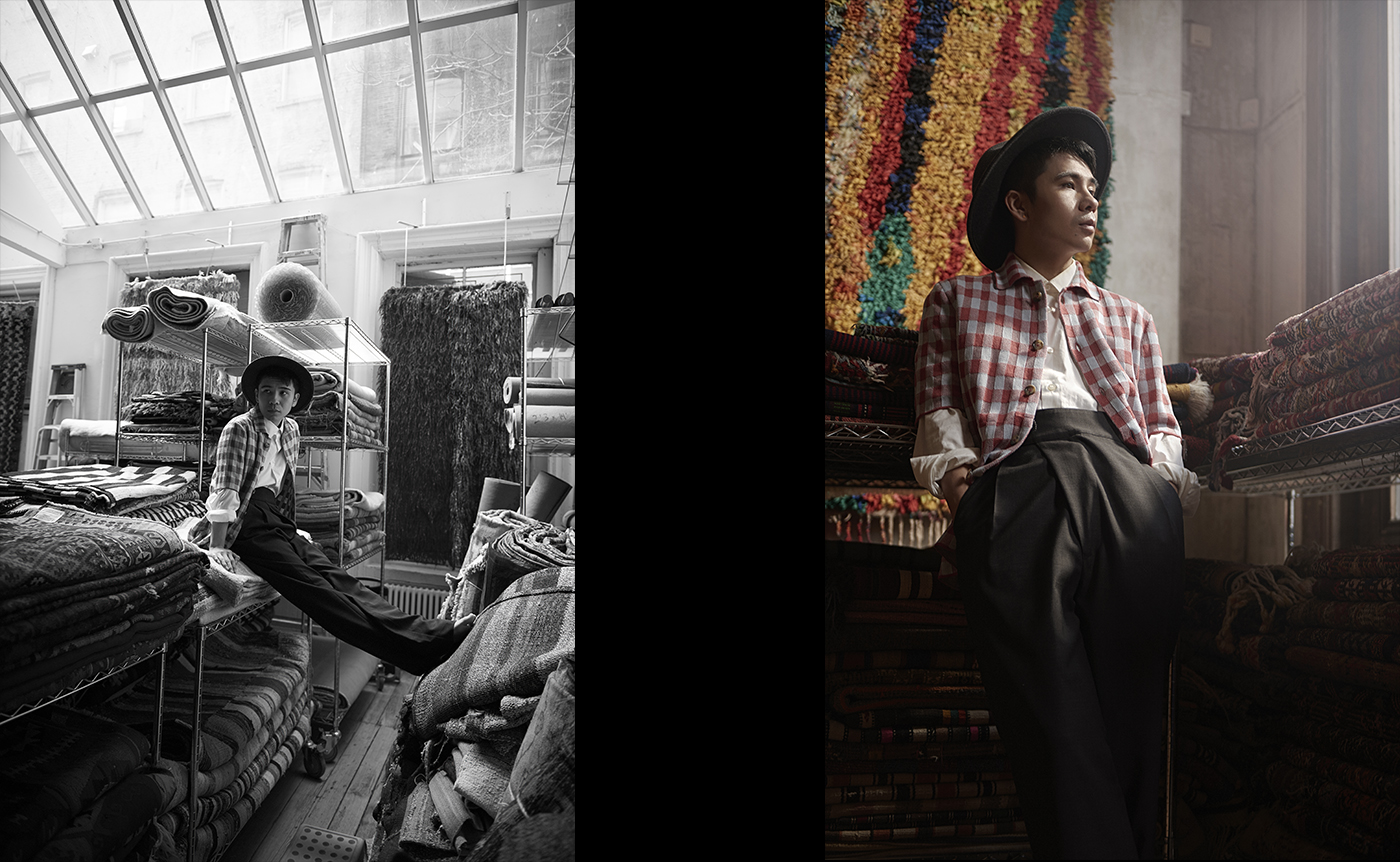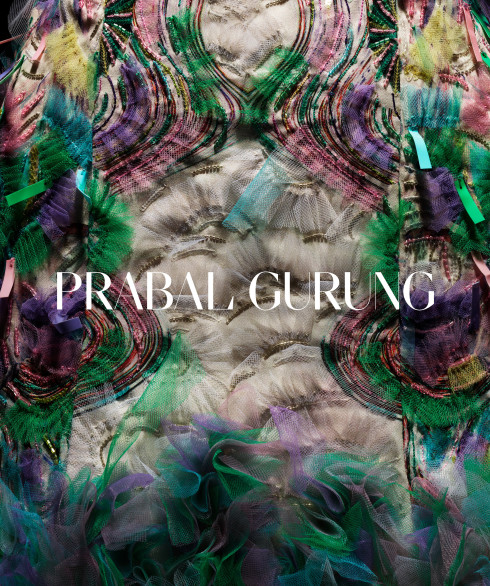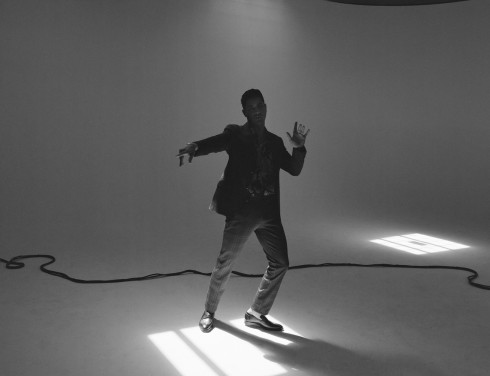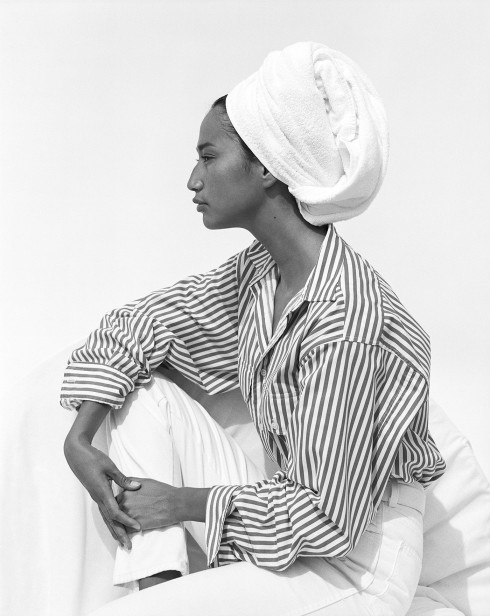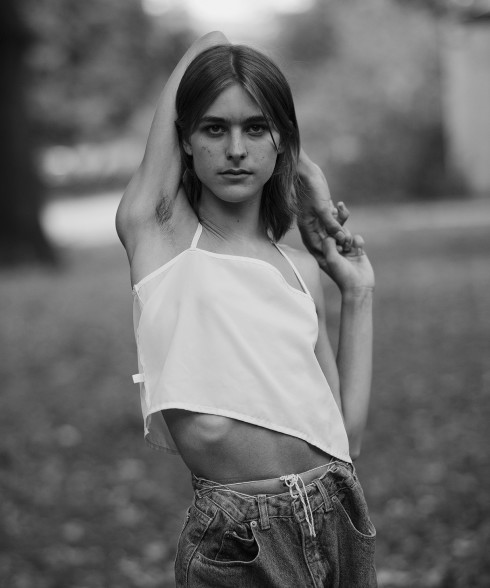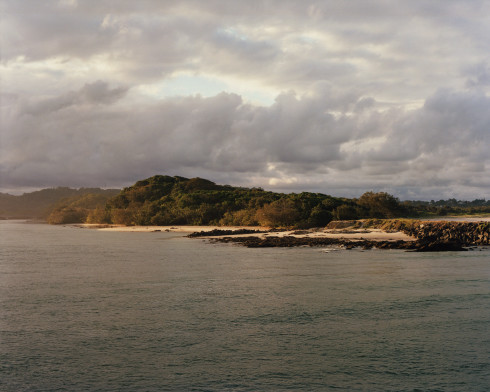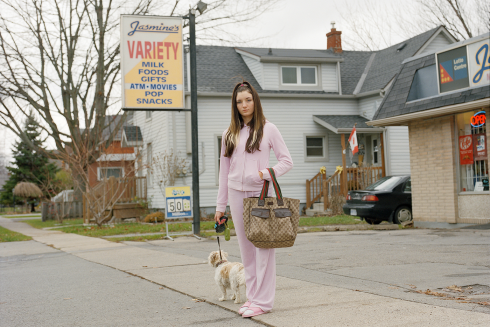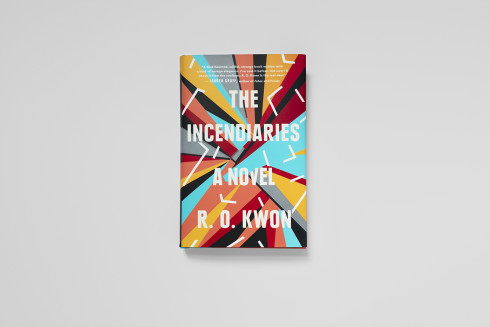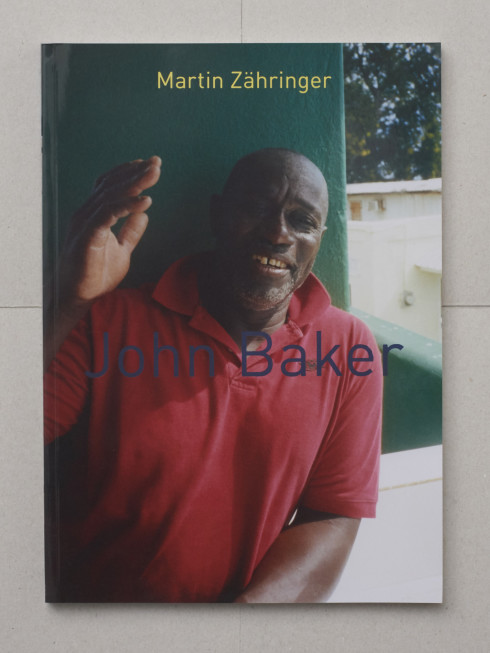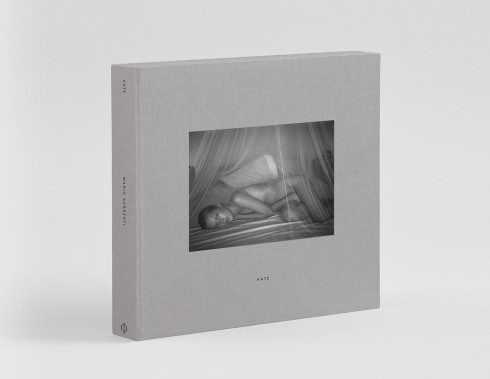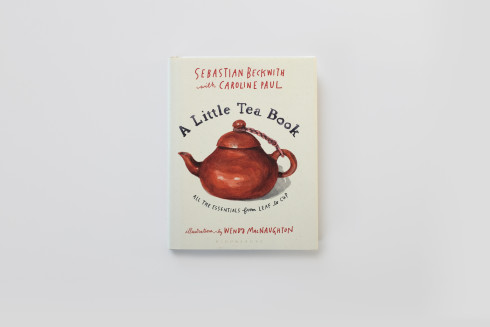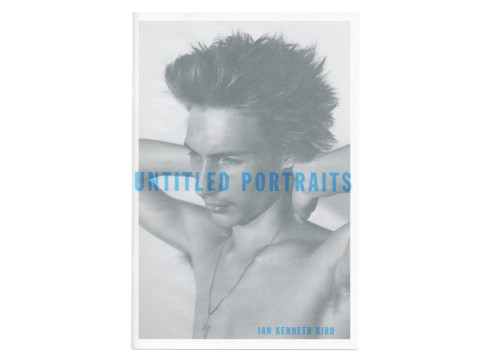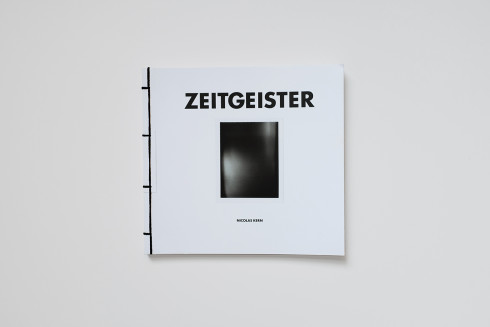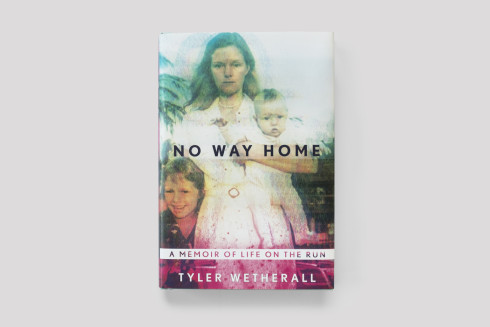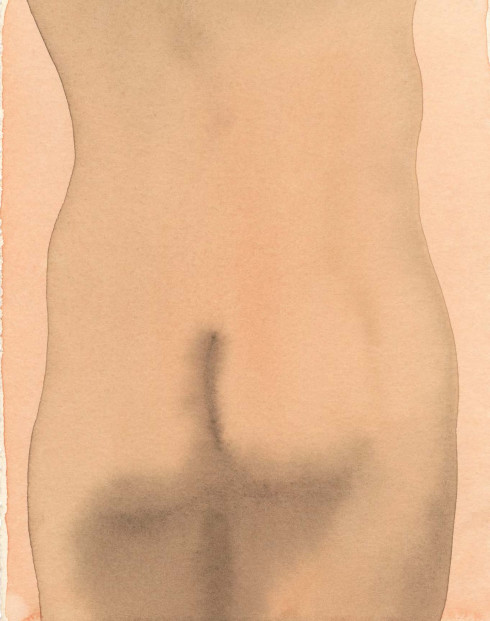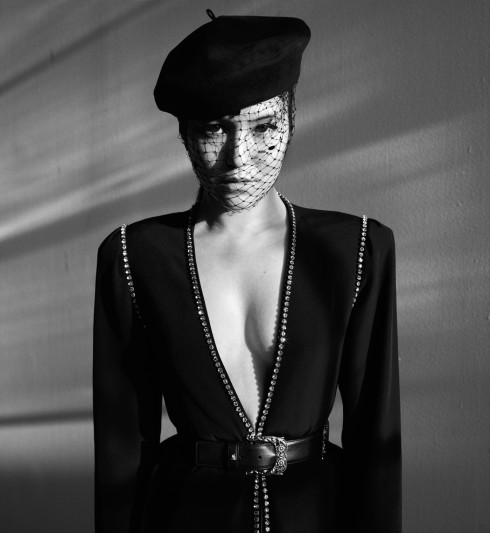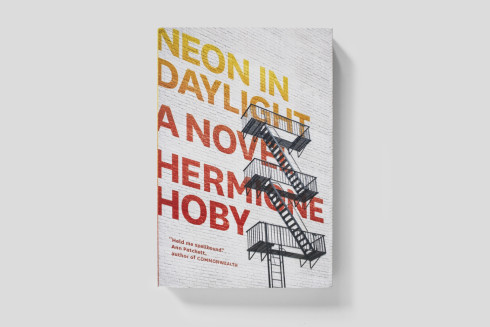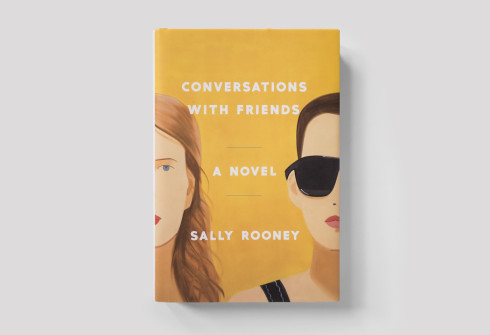- By
- Jonathan Shia
- Photography by
- Annelise Phillips
Styling by Alison Mazur. Grooming by Eloise Cheung at Kate Ryan Inc. using Dior Homme. Photographer’s assistant: Isaac Rosenthal.
OCEAN VUONG
As a Vietnamese immigrant raised by an illiterate mother in the housing projects of Hartford, Connecticut, Ocean Vuong is not someone who would seem to fit easily into the American poetic tradition, yet it is exactly his outsider perspective that has both encouraged and abetted his acceptance on the literary scene. The 28-year-old writer has been published in The New Yorker, American Poetry Review, and The Nation, and last year he received a Whiting Award for emerging writers—previous recipients include David Foster Wallace, Mary Karr, Jeffrey Eugenides, Colson Whitehead, and Tarell Alvin McCraney, who wrote the play Moonlight was based on. But Vuong still considers himself apart from the establishment. “I was always suspicious of the canon, because any time you have a structure built on the erasure of others, the meritocracy falls apart,” he explains. “When there are clearly people missing, it can’t be the ‘best.’ I was invested in learning it nonetheless because that was my world and my tradition. If I’m going to be an American poet writing in English, I had to learn the traditions, so I studied Chaucer and Milton and after all of that, my work began in earnest when I had to rebuild my own canon.”
Born in Saigon, Vuong moved to Connecticut at the age of two after his mixed-race mother and aunts were asked to leave Vietnam through an American policy known as Operation Babylift, established after the end of the Vietnam War to bring the children of American soldiers and Vietnamese women back to the United States. His earliest memory in life is of the blue curtains in the motel his family first lived in upon arriving in Hartford. “My whole life has been one of exile,” he says.
With Vietnamese as his first language, Vuong says he originally had trouble picking up English and couldn’t read at an age-appropriate level until he turned eleven. “It was tough, but when it clicked, when I finally entered language, I felt so behind,” he recalls. “I felt like there was this whole second world that I was always outside of, so I dove into it. I read like an animal, and I guess it led me here.”
Still, Vuong’s bilingualism has helped shape the way he writes in English today, liberating him to look at words from a fresh perspective. “It’s actually the images as opposed to the language,” he explains. “Vietnamese is very tonal and the meaning can change depending on how you lift a word, so I had this trained ear listening to Vietnamese and I just applied it to English. It gave it new sonic pressures, but I think it also gave me permission. Vietnamese, particularly the peasant lexicon that my mother comes from, has a very strange way of looking at the world, very poetically. It was that kind of looking at the world and making metaphors—because if you didn’t have the language for it, you had to make it up—that gave me that permission and when I started writing in English, I started making up images for myself.”
In 2008, Vuong started classes at Pace University in Lower Manhattan, planning to study marketing. He lasted three weeks. “I couldn’t do it. I wasn’t cut out for it. Everyone was coming in in suits and ties, they had internships at Chase and Barclays,” he laughs. “There’s only so much acting you can do. I felt utterly fraudulent and just left.”
Vuong later enrolled at Brooklyn College, where he majored in English. Without a strong literary background—with his father in prison, he was raised mostly by his illiterate mother and grandmother—he felt once again the drive to catch up to his classmates. “I was in Brooklyn my first semester of being a poet and I was in the hallway and I overheard these students utterly belly-laughing over a Shakespeare joke,” he recalls. “I thought, My god, I have no idea what they’re talking about, how can this be? If I’m serious about this, I need to belly-laugh about Shakespeare too. So I didn’t do a creative writing option, I just read. I said, I’m going to figure out how to read Chaucer in Middle English and scan the pentameters in Milton and the Greek epics, because that’s the foundation.”
He worked at Panera Bread after graduating and began earning fellowships and grants for his work, which allowed him to focus on writing what would become his first full-length collection, Night Sky with Exit Wounds, published in 2016. The book, separated into three sections, loosely progresses from a pseudo-mythological representation of his family’s past in Vietnam through his fatherless upbringing in the projects of Hartford to his self-discovery as a young gay man. The poems within are, Vuong says, reflections of a person he once was, if not quite who he is today. “I see the text and the poem as a photograph, as something still growing, and for me this is just a snapshot of one tree, and the tree has already outgrown what was captured in the book,” he explains. “So the only way to recapture it is to write the next book.”
Night Sky with Exit Wounds, which features a cover photograph of Vuong, his mother, and his aunt, their eyes obscured by the title and byline, was met with considerable critical praise when it was released, which came as somewhat of a shock to the young poet. “It’s bewildering, because I’m resisting this idea of ‘special,’ ‘new,’ ‘brave,'” he explains. “People tell me this at readings, but it has always been my life, and the book is the sum total of my life and it’s not exactly new to me. I do understand that it is different from the larger social fabric, but I find myself feeling like, Hey, it’s not that good! I have better work, I can do better!”
Earlier this year, Vuong gave a seminar in Paris, and he’ll be teaching at New York University this semester, now firmly ensconced in the academy. He finds the excitement he senses among his students, many of them not much younger than himself, comforting, and he insists that even in an era when poetry, literature, and language itself are often seen as dying, there is still power in words. “Forget about poetry, I think we all have a stake in communication and communicating something that is more precise to our inner lives,” he says. “We have the social language that we use that allows you to transact yourself through the day, but if we live too long in that space, we start to lose touch with language. I think poetry gives you permission to not have to talk about the weather. Whether you want to be a poet or not, I tell my students you all have a stake in finding a method of communicating your inner selves, or else it’ll be erased.”
That connection, that bridging of divides, is something that is clearly important to Vuong and his work. It’s even in his English name, which his mother chose after a customer at the nail salon where she worked suggested an alternative after she mispronounced beach as “bitch.” “We went to the welfare office and she saw a map of the world, and I think it must have been the first time she ever saw the relation between Vietnam and the US,” he recalls. “She saw the ocean in the middle and I remember she just stood there for a while and I didn’t think anything of it. A few weeks later she said, ‘I want to name you something else.'” The ocean that Vuong is named after, then, is a boundary between America and Vietnam, but it is also what connects them.
And even though his family cannot read his work, they can clearly sense its import. Harking back to a long tradition in Asian culture, they are proud to have a “scholar” in the family, which is what Vuong tells them he is because he is unable to explain what exactly poetry is to them. “The first time my mother went to my reading in Hartford, everybody was clapping and I went back to her and she was crying,” he recalls. “I said, ‘Mom, why are you crying? You didn’t understand any of this,’ and she said, ‘I never thought I would live to see all these old white people clapping for my son.’ In her day job, she’s always bending down and cleaning the feet of old white people, so when you have this moment where they were clapping for her son and ultimately for her too, it was bewildering. I think they understand the effect more than they do the source and that’s good enough for me.”
Vuong is quick to admit that he hates writing. “It’s daunting, it’s scary, and it’s wrought with failure,” he says. “To be a writer is to basically confront and embody failure because nothing is going to be perfect the first time you do it, or the second or third or seventh.” Night Sky with Exit Wounds comprises, by his estimate, ninety percent of his output up to that point, “basically everything I had that I was happy with.” The book is, as all works of art are in his view, a journey, not an end, towards a Platonic ideal that can never be attained.
But it is precisely that distance from perfection that makes art meaningful. “I see my work as not necessarily building a piece of art like a vase, but rather the vase having shattered through various modes of rupture,” he says, “and insisting that down here in the dirt, where the vase has been destroyed, the debris itself is art. Even within the pieces, one can still create a narrative that one does not have to be whole in order to have a life worthy of art and literature.”
- By
- Jonathan Shia
- Photography by
- Annelise Phillips
Styling by Alison Mazur. Grooming by Eloise Cheung at Kate Ryan Inc. using Dior Homme. Photographer’s assistant: Isaac Rosenthal.
